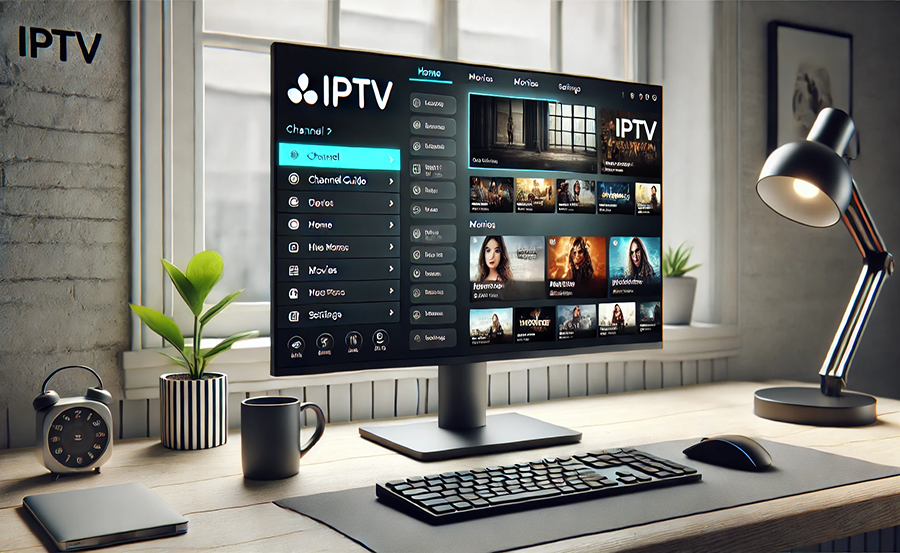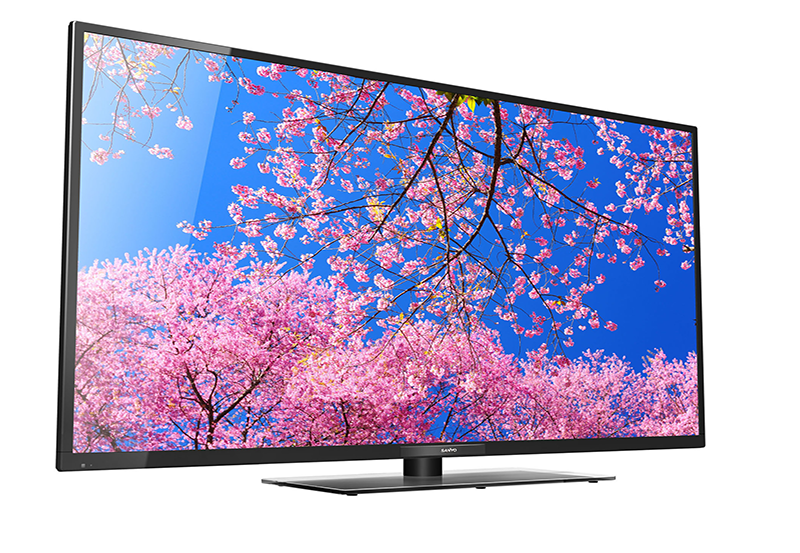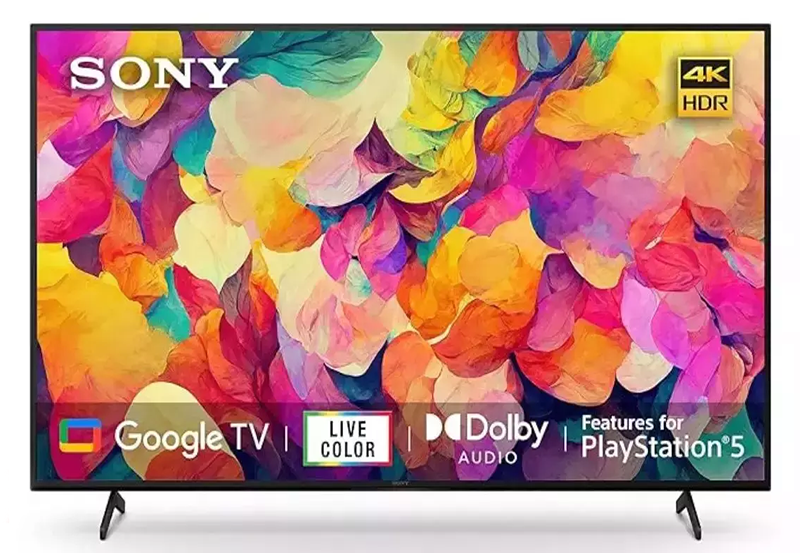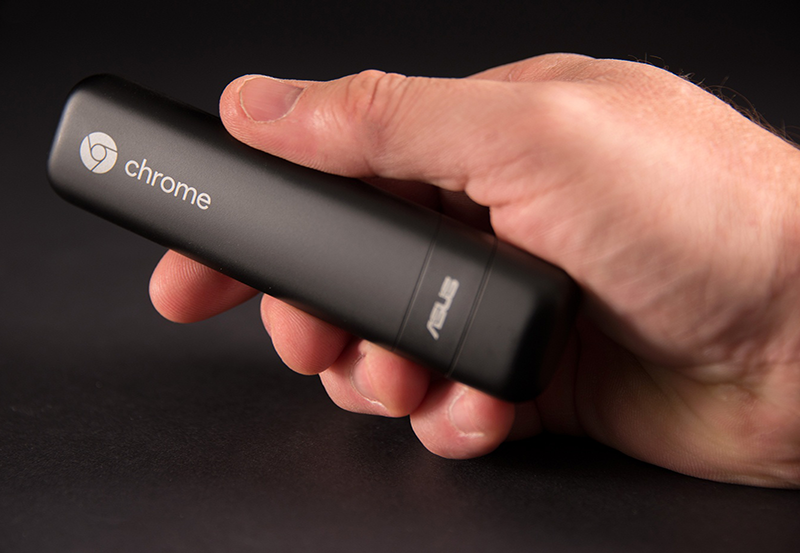In today’s fast-paced digital age, IPTV has emerged as a game-changer for entertainment enthusiasts who crave a custom viewing experience. Setting up IPTV on a Windows computer isn’t as complicated as it might seem, but it does require a bit of guidance. Whether you are new to this technology or a seasoned user, understanding the necessary hardware and software requirements ensures a seamless streaming experience. Let’s delve into the essentials of setting up IPTV on Windows.
Understanding IPTV: What It Is and Why It Matters
IPTV, or Internet Protocol Television, represents a significant shift from traditional cable or satellite models. By streaming media over a network, IPTV offers unparalleled flexibility and a custom-tailored viewing experience. But why has it become so popular? For starters, it caters to modern viewing habits, allowing users to watch what they want, when they want, without being tied to a broadcaster’s schedule.
Aside from convenience, IPTV hosts a plethora of channels and on-demand content that draws viewers in. It’s also more cost-effective than traditional television services, enabling users to subscribe to channels that suit their preferences and budget.
Pro Tip:
Stream top-tier entertainment with IPTV USA, offering unmatched access to live TV and on-demand content.
The Role of IPTV Trials
Before committing to an IPTV service, many providers offer IPTV trials. These trials are a golden opportunity to test the waters and ensure the service desires align with personal viewing habits. Not only do trials help in assessing the content library, but they also provide insight into the functionality and ease of use offered by the service.
DuplexIPTV and Other Popular Selections
Among various IPTV services, DuplexIPTV has gained a reputation for quality and reliability. It offers a user-friendly interface and robust performance that stands out in the crowded market. However, it’s not the only option available. Exploring different services during trial periods can help identify the best fit based on unique requirements and streaming habits.
Hardware Requirements: Setting Up for Success
While IPTV runs on most Windows systems, ensuring your device meets certain hardware standards is crucial for optimal performance. Let’s walk through the key components to consider:
Network Requirements
Given that IPTV relies heavily on a stable internet connection, having an adequate network setup is crucial. Here’s what you need:
- High-speed Internet Connection: A minimum of 10 Mbps is recommended for HD streams, while 25 Mbps or more is needed for 4K content.
- Wired Connections: For stability, consider using an Ethernet cable instead of Wi-Fi to minimize interruptions.
Computer Specifications
Your Windows computer must meet certain specifications to handle IPTV streaming efficiently:
- Operating System: Windows 7 or newer.
- Processor: At least a dual-core with a speed of 2.0 GHz or higher for smooth playback.
- RAM: 4 GB or more to accommodate video streaming processes.
- Graphics Card: Support for DirectX 11 or better to manage high-definition visuals.
Display and Audio
For an immersive experience, having the right display and audio setup is as important as the computer itself:
- Display: A monitor or screen that supports HD or 4K resolution depending on your viewing preferences.
- Audio: External speakers or quality headphones to enhance the audio component of your streaming.
Software Essentials: Making It Work
The right software can make a significant difference in your IPTV experience. Here’s a rundown of what you’ll need to get started:
IPTV Players
To stream content, you’ll need an IPTV player compatible with Windows. Applications such as VLC Media Player or the more dedicated MyIPTV Player can be effective solutions, offering user-friendly interfaces and efficient playback capabilities.
VLC Media Player
A popular choice, VLC Media Player is versatile and supports a wide range of media formats. It’s free and open-source, making it an accessible option for IPTV users.
MyIPTV Player
Specifically designed for IPTV, MyIPTV Player provides a sleek interface with playlist management features that make it particularly appealing for users looking to organize their channels neatly.
Evolving Software Ecosystem
The software landscape for IPTV is constantly evolving as new technologies emerge. Keeping your applications up-to-date guarantees new features and security updates, ensuring the best streaming experience possible.
Ultimate Streaming Insights
Understanding and optimizing your IPTV setup on a Windows system involves an appreciation of the nuances involved in streaming technology. Here are some insights to enhance your IPTV experience:
- Stay Updated: Regularly update both your software and hardware drivers to prevent compatibility issues.
- Bandwidth Monitoring: Keep an eye on bandwidth usage to avoid any throttling by ISPs, ensuring a smooth streaming experience.
- Playlist Management: Regularly curate your playlists to weed out non-functional links and maintain an organized viewing list.
Common Issues and Troubleshooting
No setup is perfect. Even the most well-organized IPTV arrangements can face some hiccups. Proactively managing potential issues can save time and frustration:
Connection Drops
Connection drops are one of the most common interruptions faced by IPTV users. Ensure your internet speed is consistently meeting the required threshold by regularly testing and upgrading your package if necessary.
Buffering Problems
Buffering can be a nuisance, primarily driven by low bandwidth or slow internet speed. Implementing a wired connection and ensuring other devices aren’t overly consuming bandwidth can mitigate these delays effectively.
Video Quality Issues
Sometimes, video quality might appear sub-par due to incorrect software settings or hardware limitations. Checking your device’s configurations and applying updates can often resolve quality issues, providing you with crisp, clear visuals.
Looking to the Future of IPTV
As we consider the future of IPTV, it’s clear that this technology will continue evolving, becoming even more integrated with emerging tech such as AI and IoT. Those who stay informed and adaptive are likely to reap the most rewards from their IPTV setups.
Adapting to new user interfaces and experimenting with innovative features will ensure that your IPTV experience remains fresh and engaging. It’s an exciting time for IPTV enthusiasts as the medium becomes more interactive and intuitive.
FAQ Section

What is the best IPTV player for Windows?
VLC Media Player and MyIPTV Player are both excellent choices for Windows. VLC is versatile and supports various formats, while MyIPTV offers a tailored IPTV experience with features designed specifically for streaming channels.
How much bandwidth do I really need for IPTV?
For HD content, a minimum bandwidth of 10 Mbps is recommended. For 4K streaming, aim for 25 Mbps or more to avoid any buffering issues during playback.
Can I use Wi-Fi for IPTV streaming?
While Wi-Fi can be used for IPTV, a wired connection using an Ethernet cable is advised for maximum stability and reduced interference, particularly when streaming high-definition content.
Why does my IPTV stream buffer frequently?
Frequent buffering is often a sign of insufficient bandwidth, outdated software, or excessive network traffic. Enhancing your internet package, updating your IPTV applications, and minimizing background activities can help alleviate this issue.
Is there support for subtitles on IPTV?
Yes, many IPTV players, such as VLC Media Player, support subtitles. Users can often choose from various subtitle options or upload their own within the player settings.
Are IPTV services legal?
Yes, there are legal IPTV services available that comply with broadcasting rights. It’s essential to verify that the service you’re considering operates within the legal parameters of your region.
How do I keep my IPTV setup secure?
To maintain security, keep your software updated, use trusted IPTV sources, and consider employing a VPN to safeguard your streaming activities from potential online threats.
How to Cast Content from the IP Television App to Your TV





